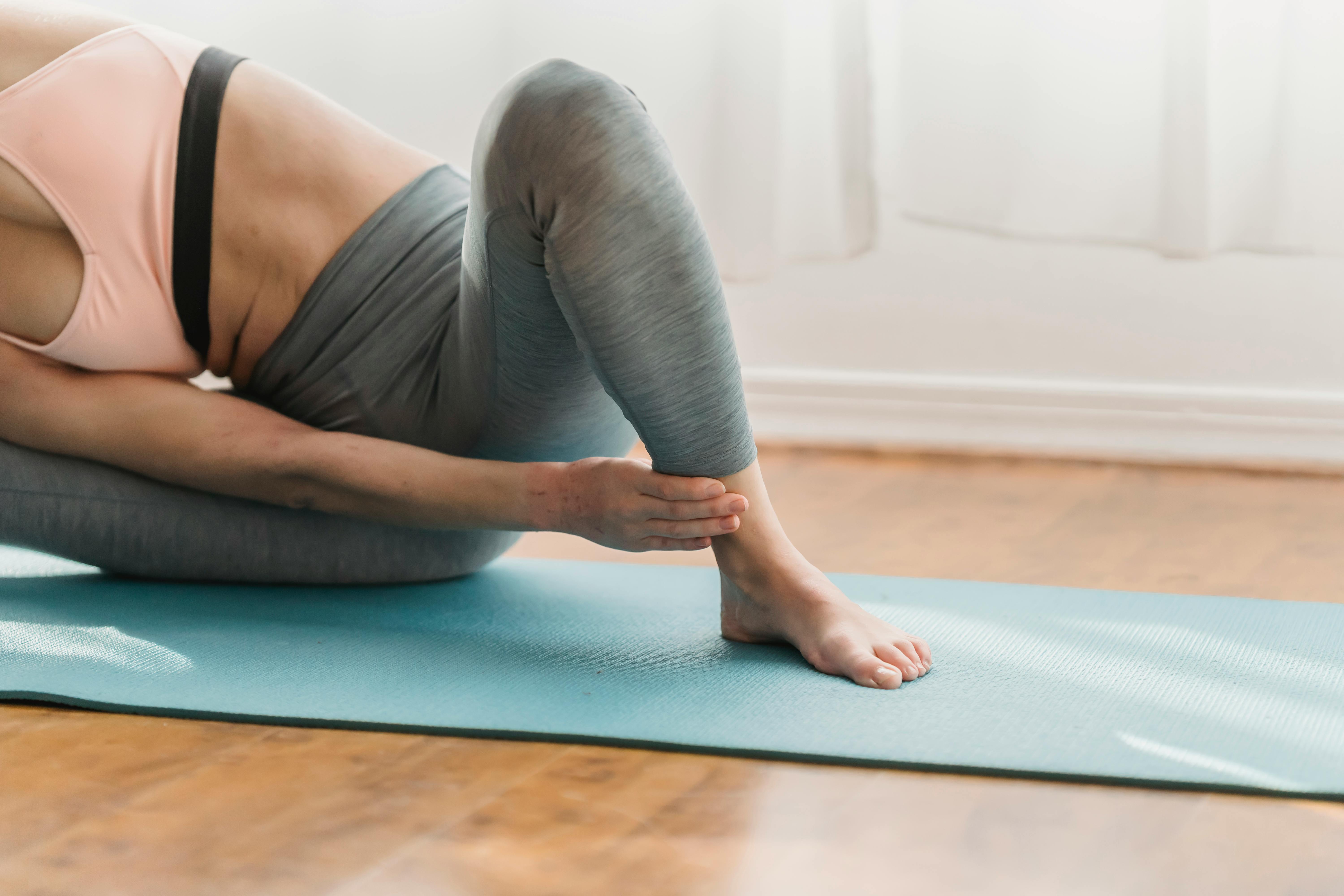Top 7 Essentials for Integrating Functional Fitness into Daily Life
In recent years, the concept of functional fitness has gained significant traction, recognized for its holistic approach to improving overall health and longevity. Unlike traditional fitness regimes that often isolate muscle groups, functional fitness focuses on exercises that mimic everyday activities, enhancing strength, balance, and flexibility in a way that directly translates to daily life. This approach not only helps in performing daily tasks more efficiently but also reduces the risk of injury and improves quality of life. As we delve into the essentials for integrating functional fitness into daily routines, we uncover how this practice can be a cornerstone for enhanced well-being and longevity.
Understanding Functional Fitness
Functional fitness is rooted in exercises that train your muscles to work together, preparing them for daily tasks by simulating common movements you might do at home, work, or in sports. By using various muscles in the upper and lower body at the same time, functional fitness exercises emphasize core stability. For instance, a squat is a functional exercise because it trains the muscles used when you rise from a seated position or pick up objects from the floor. Understanding the principles of functional fitness is crucial as it lays the groundwork for creating a balanced exercise program that promotes strength, coordination, and endurance.
The Importance of Core Strength

Core strength is a fundamental element of functional fitness, as it stabilizes your body, allowing you to move in any direction or stand still without losing balance. A strong core improves posture, reduces the risk of back pain, and enhances athletic performance. Exercises like planks, bridges, and rotational movements are key to developing core stability. Incorporating core-focused workouts into your daily routine can dramatically improve your ability to perform everyday activities with ease and confidence. Furthermore, a stable core supports other functional movements, ensuring you can execute them safely and effectively.
